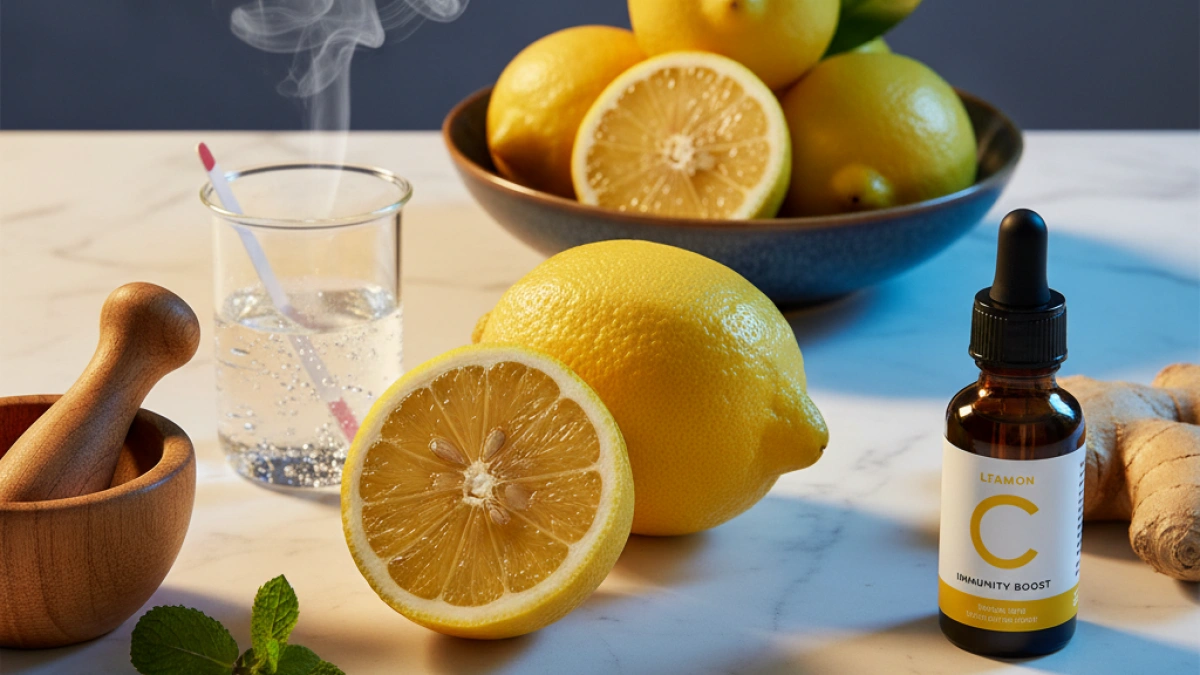Discover the Amazing Properties of Rosemary

Rosemary (Rosmarinus officinalis) is a popular aromatic herb in Mediterranean cuisine, but it goes far beyond its culinary use. Its medicinal, aromatic, and nutritional properties have been recognized since ancient times. In this article, we will explore the surprising properties of rosemary and how it can benefit your health.
What is Rosemary?
Rosemary is a perennial herb belonging to the Lamiaceae family. It is characterized by its strong aroma and distinctive flavor, making it an essential ingredient in various recipes. In addition to its culinary uses, rosemary has been valued in traditional medicine for its multiple health benefits.
Origin and Cultivation
Native to the Mediterranean basin, rosemary has been cultivated for centuries. It prefers warm and dry climates, but can also adapt to different conditions. Rosemary can be grown in gardens or in pots indoors, making it an accessible plant for many people.
Nutritional Properties
Rosemary is not only flavorful but also nutritious. It provides a range of essential vitamins and minerals, as well as antioxidants that can contribute to overall health.
Vitamins and Minerals
- Vitamin C: Helps strengthen the immune system.
- Vitamin A: Contributes to eye health and the proper functioning of the immune system.
- Calcium: Important for bone and dental health.
- Iron: Essential for the formation of red blood cells.
Health Benefits of Rosemary
Rosemary is known for its various therapeutic properties. Below are some of the most notable benefits:
1. Improves Digestion
Rosemary has been traditionally used to alleviate digestive issues such as indigestion and flatulence. Its carminative properties help reduce gas and improve overall digestion.
2. Anti-inflammatory Properties
Rosemary contains compounds with anti-inflammatory effects, which can help reduce inflammation in the body. This is especially beneficial for individuals with conditions such as arthritis or muscle pain.
Read also
3. Brain Stimulant
Studies have suggested that the aroma of rosemary may enhance concentration and memory. It has been used in aromatherapy to increase mental clarity and reduce fatigue.
4. Strengthens the Immune System
The antioxidants present in rosemary help fight free radicals, strengthening the immune system and reducing the risk of chronic diseases.
5. Improves Blood Circulation
Rosemary can help improve blood circulation, which is beneficial for cardiovascular health. Its consumption can help prevent circulatory problems.
Uses of Rosemary
Rosemary can be used in various ways, both in cooking and for health treatments.
In Cooking
Rosemary is an excellent seasoning for meats, stews, and soups. It can also be used to make infusions or flavored oils.
In Aromatherapy
Rosemary essential oil is used in aromatherapy for relaxation and revitalization. You can add a few drops to a diffuser or mix it with a carrier oil for massages.
In Beauty Products
Due to its antioxidant and astringent properties, rosemary is a common ingredient in skin and hair care products. It can help improve skin appearance and strengthen hair.
How to Grow Rosemary
If you want to make the most of rosemary's properties, consider growing it at home. Here are some tips:
1. Location Selection
Choose a spot that receives plenty of sunlight, as rosemary needs at least 6 hours of sun a day. It prefers well-drained and dry soils.
2. Watering
It's important not to overwater, as rosemary is susceptible to waterlogging. Water it moderately and allow the soil to dry between waterings.
3. Pruning
Perform regular pruning to promote healthy growth and improve flowering. This will also help keep the plant compact and manage its size.
Precautions and Side Effects
Although rosemary is safe for most people, it is important to be aware of some precautions:
- Pregnancy: Large amounts of rosemary may not be safe during pregnancy.
- Drug Interactions: It may interact with certain medications, so it is advisable to consult a doctor if you are taking any treatment.
Conclusion
Rosemary is a multifaceted herb that not only enriches our dishes but also offers a range of health benefits. From improving digestion to strengthening the immune system, its properties are truly remarkable. Whether you use it in cooking, in beauty products, or in aromatherapy, rosemary is a plant that deserves a place in your home.
Don’t hesitate to experiment with this wonderful herb and discover its multiple benefits for yourself. Your health and palate will thank you!











































